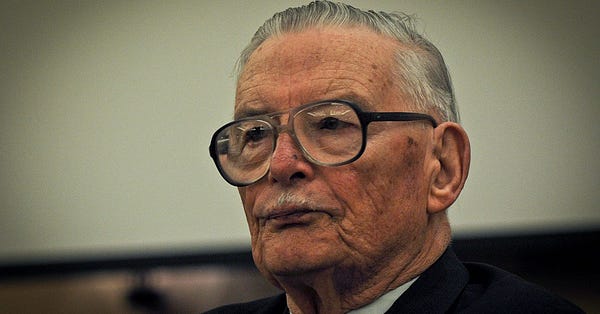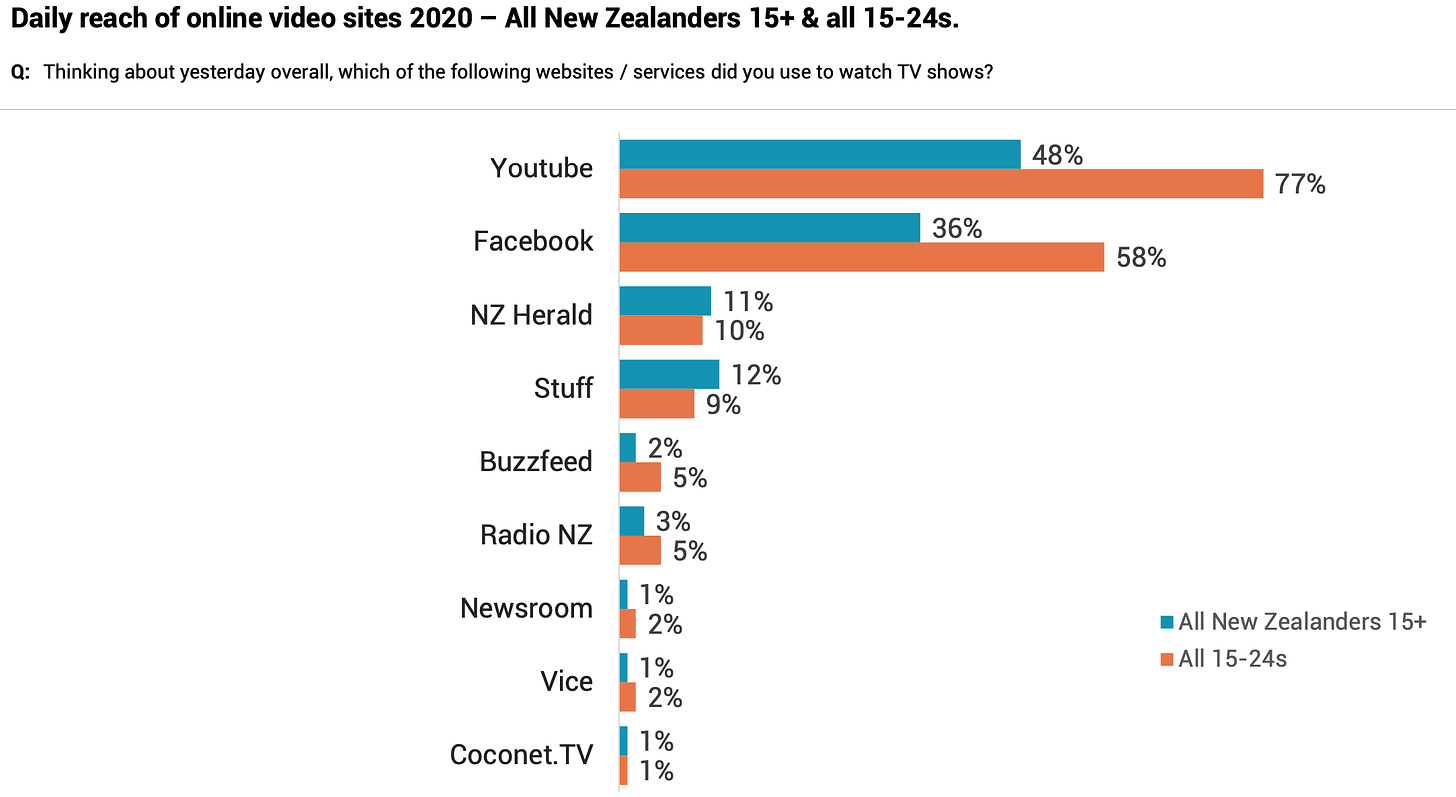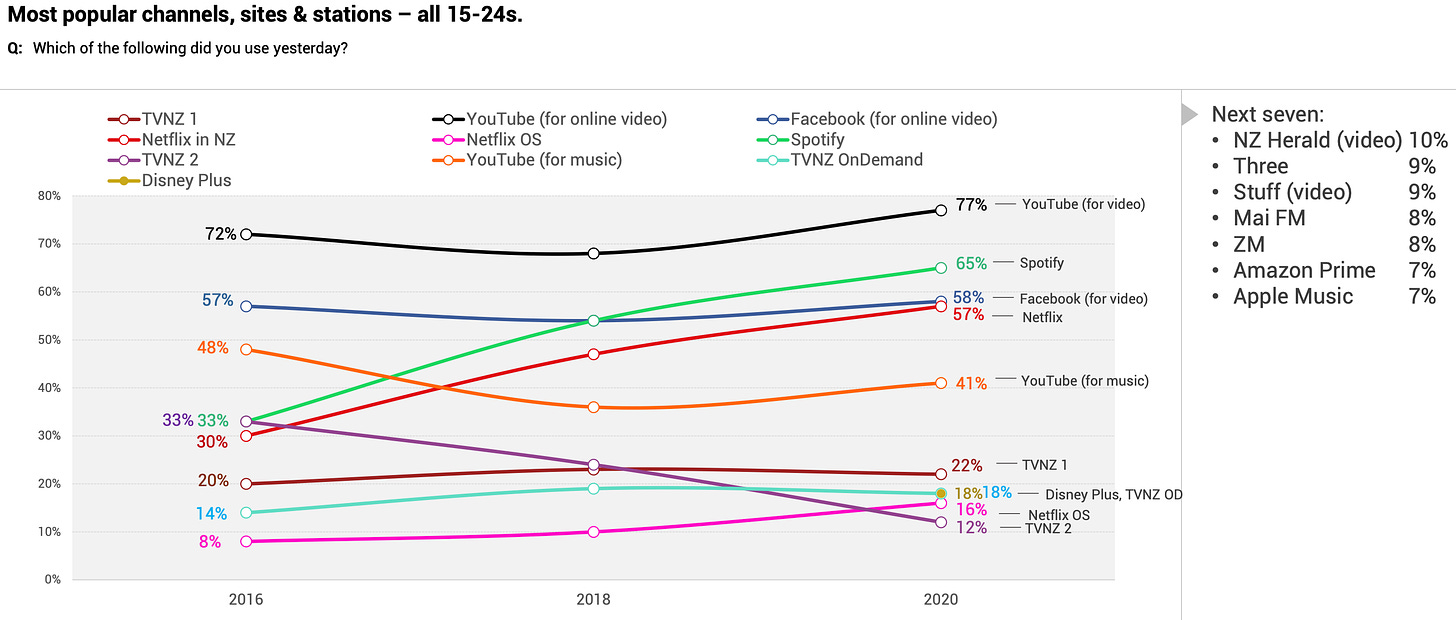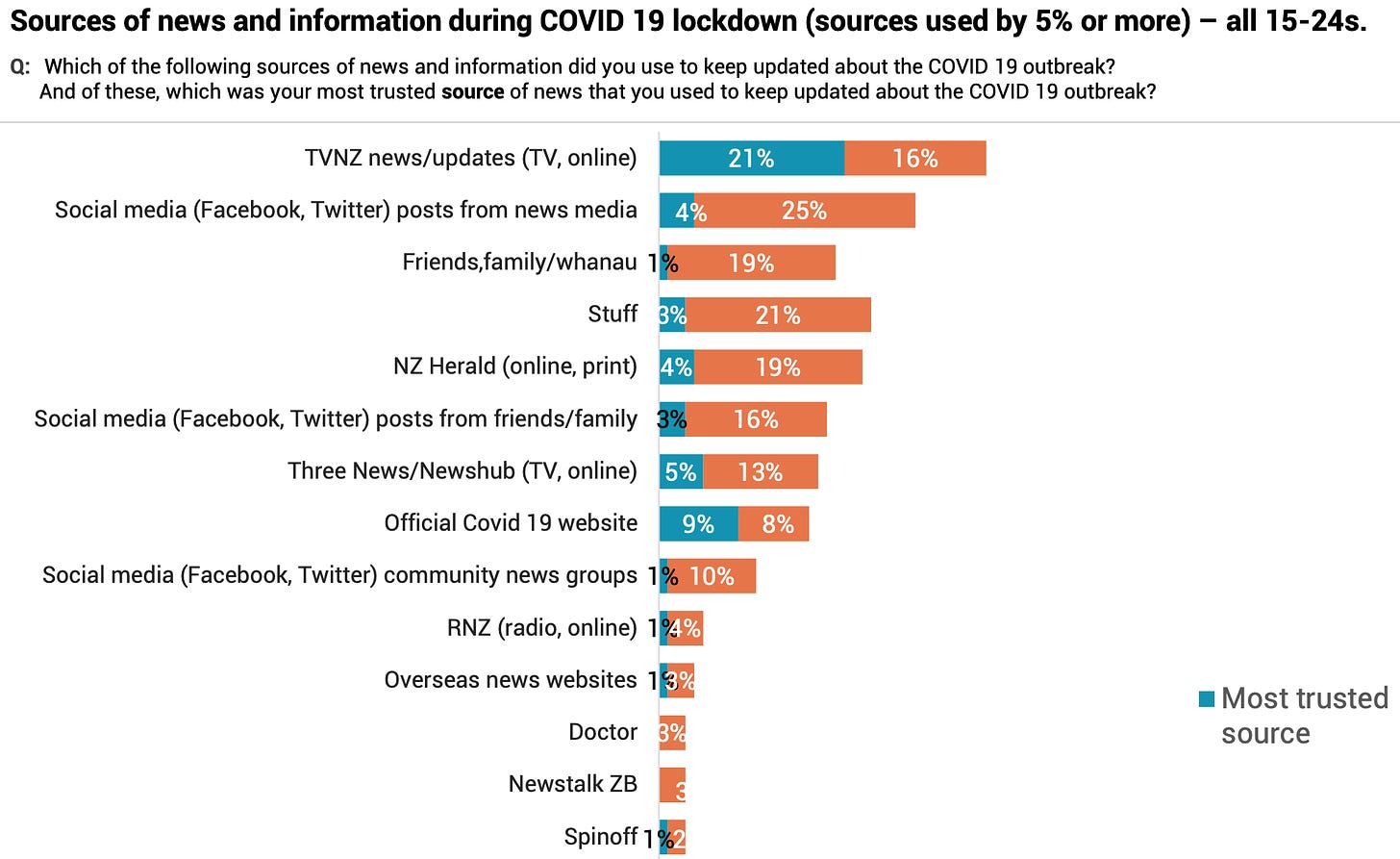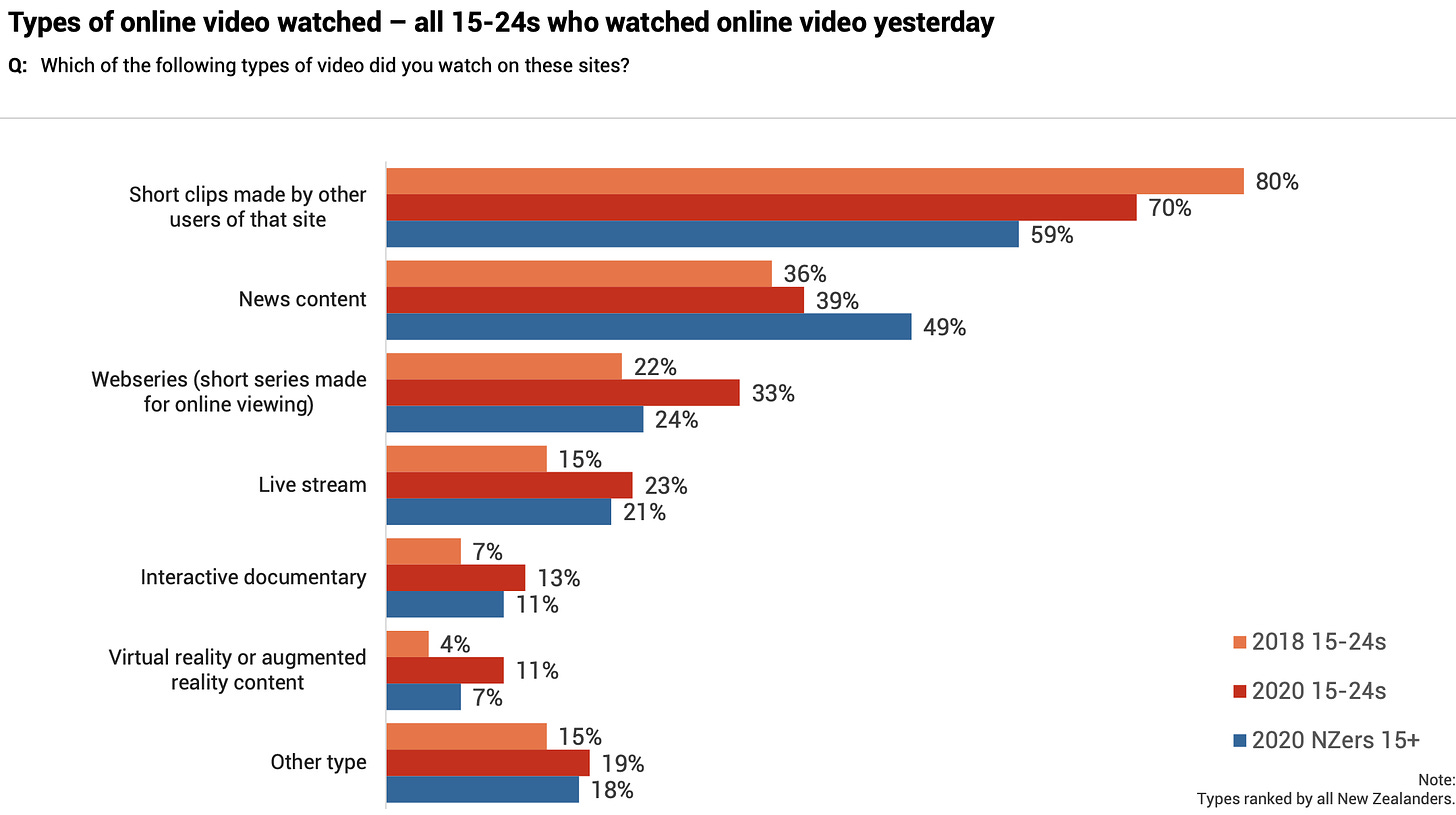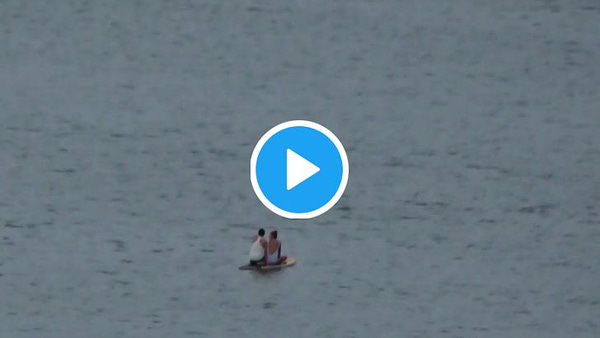Dawn chorus: Reclaiming our information
Why NZ Inc must strengthen its own information networks and rely less on Facebook, Google, Youtube and Twitter in its fight against both an infodemic and pandemic
TLDR: The Government appeared not to use Facebook advertising this week to tell the public about the latest Covid-19 news and requirements. That’s good. It’s about time we started weaning ourselves off platforms responsible for a global infodemic that is frustrating our ability to fight pandemics.
Facebook’s Australian news boycott and its lack of action since the Christchurch attacks showed the Government cannot trust these platforms and we have to strengthen our own, especially among the most vulnerable in South Auckland.
There was a curious and welcome question for PM Jacinda Ardern yesterday about how the Government communicates with those in South Auckland who need accurate, timely and relevant information to shut down the latest Covid-19 outbreak. It came from OneNews reporter Jessica Mutch-Mckay on behalf of a colleague who had noticed there weren’t any Covid-19 ads on Facebook.
“When you're talking about trying to get the message out as widely as you could, why not use Facebook? The Ministry of Health and the Unite against COVID-19 Facebook pages didn't have any ads about when we go through changes, and wouldn't that be a good tool, if you're trying to target people who perhaps aren't necessarily watching the news or having the CovidTracer app?”
The PM didn’t answer the question and instead talked about how she and other Labour MPs communicated directly with those community. She was referring to her own ‘native’ reach through Facebook Live and Facebook’s Instagram and didn’t refer to any change in advertising policy by the Government, but it raised a topical issue.
Should the Government have to rely on or pay to use Facebook (and by extension Youtube and Google) to reach all our citizens with accurate information to fight the pandemic? Has our previous failure to invest in information networks and enabling of Facebook and Google by paying tens of millions of taxpayer dollars to advertise on them worsened the pandemic? Confusion, vaccine hestancy and the failure to follow the rules in the Papatoetoe outbreak make this a live issue, particularly when Facebook and Youtube in particular are the biggest sources of information and misinformation online for most New Zealanders.
It is particularly relevant for the most vulnerable communities in South Auckland, especially among the young, Māori and Pasifika. The best and freshest data we have on where New Zealanders get their information is this NZ OnAir survey of media usage done in May and June last year during the lockdown. This is a once-every-two-years survey of over 1,500 people surveyed both by phone and online. Subsequent booster surveys of 347 Māori respondents and 204 Pasifika meant there were 521 Māori and 333 surveyed in the main and booster surveys.
The most popular media among Māori, Pasifika and the young (15-24 year olds) were overwhelmingly Youtube, Netflix and Facebook in that order, followed by TVNZ (OneNews) and Spotify. The surveys found these groups were much more likely to watch user-generated videos than news videos. They found more than half of got their news and Covid-19 information from Facebook, Youtube and Twitter.
“In particular a significantly higher proportion of Pasifika use digital media each day – especially online video, SVOD, streamed music, online gaming, on demand and online NZ radio,” NZ OnAir concluded last year.
“This audience are less likely to watch TV, listen to the radio or read a newspaper than average,” it said.
The research from overseas markets show how virulent the infodemic fuelled by Facebook, Youtube and Twitter has become, increasing the prevalence of conspiracy theories and vaccine hesitancy rates. Hesitancy rates are particularly high and concerning amongst aged care workers and others in high touch retail and hospitality settings.
The Government has been reluctant to invest in public media and has spent tens of millions more on advertisements with Google, Youtube and Facebook in recent years than on RNZ and TVNZ, let alone other mainstream commercial media.
The Prime Minister and many Government departments have become dependent on heavily using Facebook Live, Youtube and Facebook pages to distribute information, rightly assuming it is more likely to get directly to citizens, voters and stakeholders of all kind. The problem is these platforms are also the main sources of misinformation that is proving deadly as countries such as ours try to control the pandemic and rollout vaccines.
I would argue the Government and businesses would be much better investing in our own more-reliable networks for information. Stuff, now owned by local journalist Sinead Boucher, led the way in weaning itself off Facebook. It stopped posting items on its news page last year and stopped paying to ‘boost’ news earlier. It turns out, it didn’t hurt Stuff much, allowing Stuff to spend that money and time on expanding and improving its journalism. See more on that here via Sinead on the Reuters Institute.
It would be great if the Government did the same, and perhaps may have started.
Elsewhere in our political economy

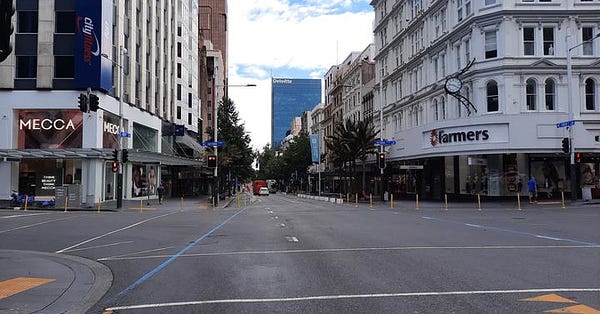

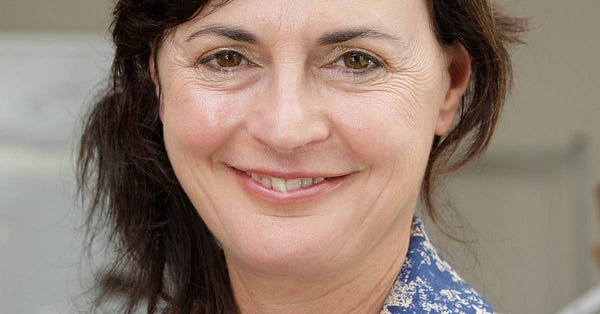
In the global political economy

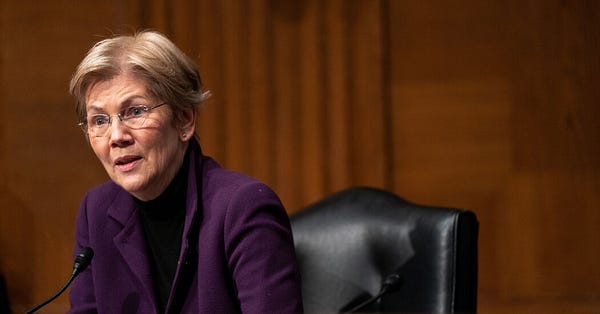

Chart of the day

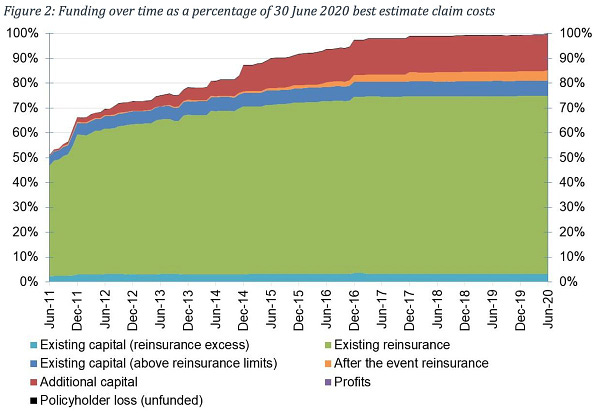
Notable other views

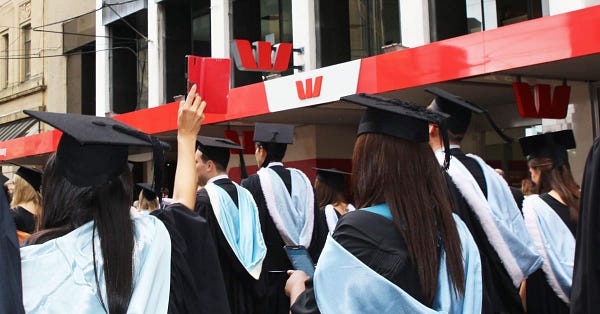
Longer reads and listens

